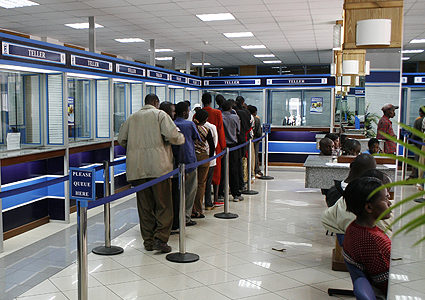The Federal Government has mandated all banks and financial institutions across Nigeria to begin submitting monthly reports on large financial transactions, as part of updates to the amended Nigerian Tax Act, which will take full effect in January 2026.

According to the new directive, individuals whose total monthly transactions exceed ₦25 million and companies with over ₦100 million must be flagged and reported. The monthly reports must include the names and addresses of customers who surpass these thresholds. This applies to banks, insurance firms, and stockbrokers, who will now be required to send both monthly and quarterly reports to the Federal Inland Revenue Service (FIRS), which will soon be renamed the Nigeria Revenue Service.

This marks a significant shift from the previous regulation, which focused on single cash deposits of ₦5 million or more by individuals.

The government explained that the update was necessary due to the increasing complexity of financial crimes, especially with the rise of digital transactions, which have rendered older detection methods less effective. The initiative is also part of broader reforms aimed at improving financial transparency and aligning Nigeria’s financial systems with global standards.

Nigeria was added to the Financial Action Task Force (FATF) grey list in 2023 due to shortcomings in combating money laundering and terrorist financing. Since then, authorities have undertaken several corrective measures. In November 2024, the Nigerian Financial Intelligence Unit (NFIU) reported significant progress in five of the FATF’s key focus areas, raising optimism about Nigeria’s potential removal from the grey list.

Government officials say the new reporting requirement is expected to boost revenue generation and curb illicit financial activities. Full compliance will be enforced once the law is implemented, with penalties for non-compliance.




